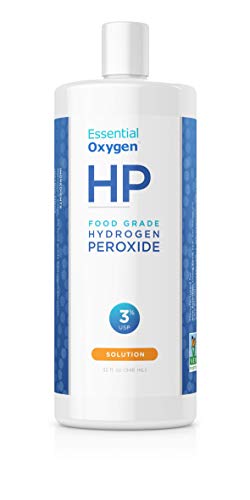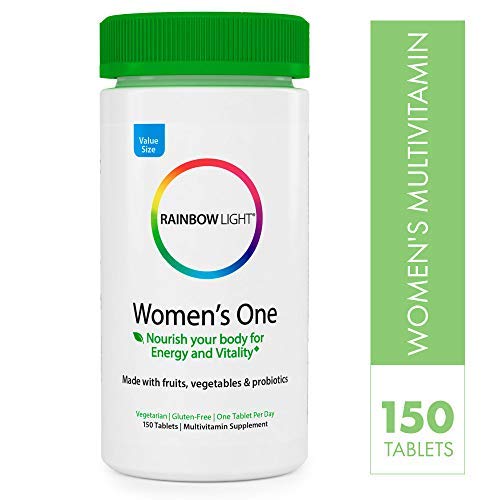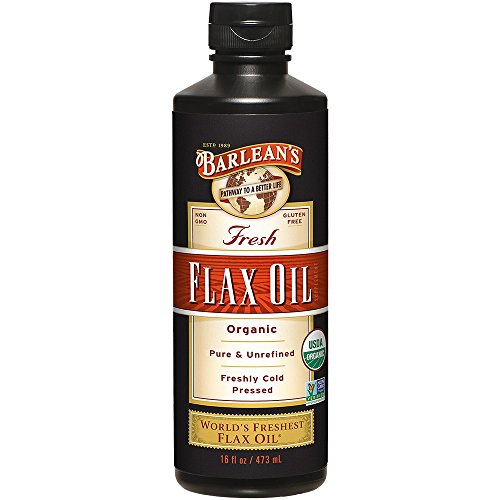
Best Convert Mg To Iu Vitamin D
Nowadays, there are so many products of convert mg to iu vitamin d in the market and you are wondering to choose a best one.You have searched for convert mg to iu vitamin d in many merchants, compared about products prices & reviews before deciding to buy them.
You are in RIGHT PLACE.
Here are some of best sellings convert mg to iu vitamin d which we would like to recommend with high customer review ratings to guide you on quality & popularity of each items.
Bronson Vitamin D3 10,000 IU Certified Organic Vitamin D Supplement, Non-GMO Gluten Free USDA Certified Formula, 360 Tablets
- A DYNAMIC DUO: Studies now show that this 2-in-1 Support of Vitamin K greatly enhances the benefits of vitamin D, in terms of cardiovascular health and bone strength. Vitamin D supports bone health by helping with calcium absorption. However, it is vitamin K that directs calcium to your skeleton, preventing it from being deposited in the wrong areas.
- THE MANY BENEFITS OF THE K2 VITAMIN: Research suggests a Vitamin K2 supplement can: help prevent osteoporosis, improve bone health, reduce the risk of heart disease, strengthen teeth, reduce Inflammation, assist with autoimmune condition boosts mitochondrial function, help the brain, and lower Insulin resistance.
Vitamin K2 (mk7) with D3 Supplement for Best Absorption – 2-in-1 Support for Heart Health and Strong Bones | Vitamin D & K Complex | D3 5000 IU + K2 100 mcg | GMO & Gluten Free – 60 Count
- Ideal for building and maintaining healthy bones, also associated with increased cognition and immune health.*
- Supports the body’s absorption of Calcium and Phosphorous, which are essential for the development and maintenance of healthy teeth and bones.*
- Supports immune system function by supporting healthy cell growth.*
- Easy to swallow 10,000 IU softgels. Some research indicates Vitamin D3 in liquid softgel form is more bioavailable then tablet or powdered forms.*
Vitamin D3 10,000 IU Softgels – Increased Immune Support, Healthy Muscle Function and Healthy Teeth & Bones (220 Softgels)
- Vitamin D3 and Vitamin K2 - A powerful combination for a happy and active life
- Vitamin D - an important micronutrient that is essential for the absorption of calcium
- Vitamin K - is important for mineralization of the bones and for clotting of the blood in the body
- At Mauricettes, we go above and beyond to formulate our vitamins to help support your best life
- To make it even better we offer a 60-day risk-free money back guarantee
Vitamin D can be found in small amounts in a few foods, including fatty fish such as herring, mackerel, sardines and tuna. To make Vitamin D more available, it is added to dairy products, juices, and cereals that are then said to be “fortified with Vitamin D.” But most Vitamin D – 80% to 90% of what the body gets – is obtained through exposure to sunlight. Vitamin D can also be made in the laboratory as medicine.
Vitamin D is has been shown in some studies to show potential health benefits in conditions of the heart and blood vessels, including high blood pressure and high cholesterol.
Because Vitamin D is involved in regulating the levels of minerals, it is used for conditions caused by low levels of Phosphorous and low levels of Calcium.
How does it work?
Vitamin D is required for the regulation of the minerals Calcium and Phosphorus found in the body. It also plays an important role in maintaining proper bone structure.
Sun exposure is an easy, reliable way for most people to get Vitamin D. Exposure of the hands, face, arms, and legs to sunlight two to three times a week for about one-fourth of the time it would take to develop a mild sunburn will cause the skin to produce enough Vitamin D. The necessary exposure time varies with age, skin type, season, time of day, etc.
Nevertheless, Vitamin D deficiency is more common than you might expect. People who don’t get enough sun, especially people living in Canada and the northern half of the US, are especially at risk. Vitamin D deficiency also occurs even in sunny climates, possibly because people are staying indoors more, covering up when outside, or using sunscreens consistently.
Older people are also at risk for Vitamin D deficiency. They are less likely to spend time in the sun, have fewer “receptors” in their skin that convert sunlight to Vitamin D or may not get Vitamin D in their diet.












